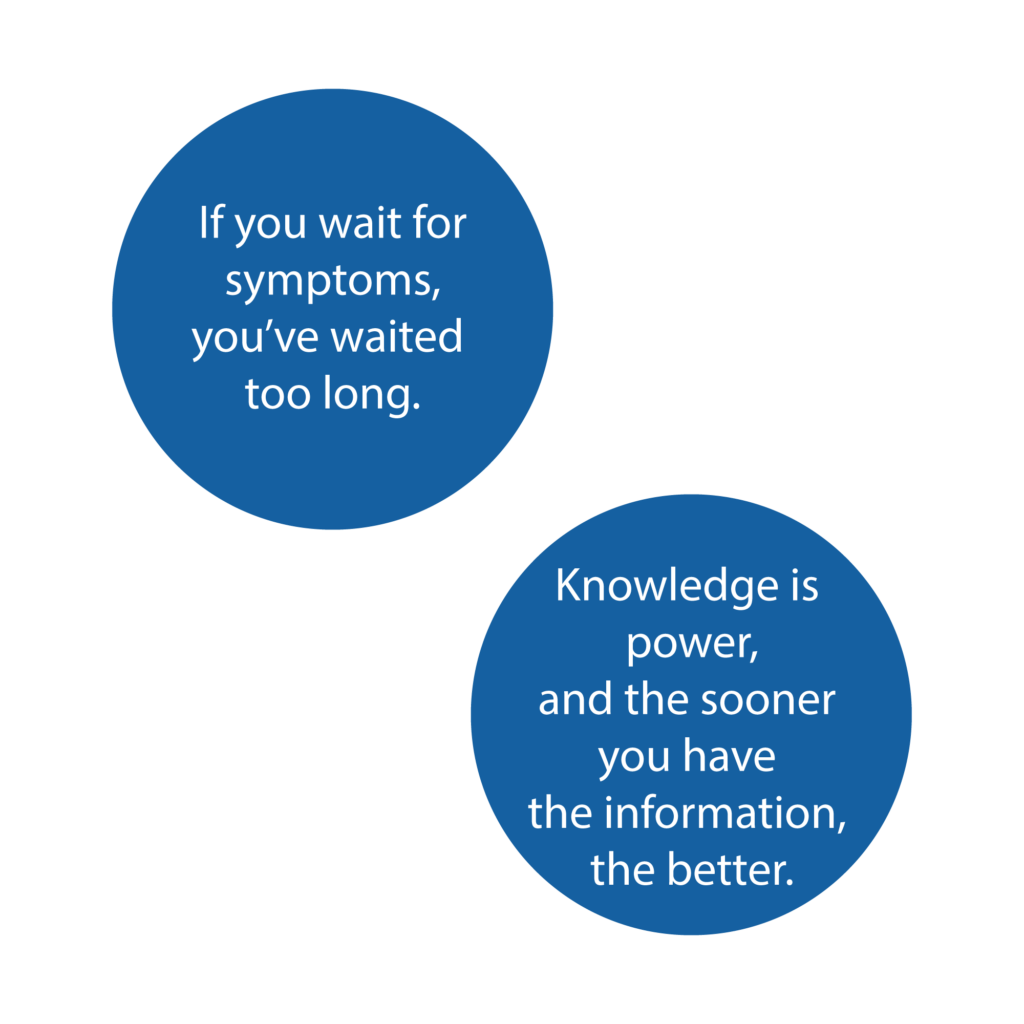The Incidence of Cancer is Increasing in India...

Early detection offers the best chance of cure.
Sometimes, the “cure” is the passage of time. That’s one reason many doctors will suggest watchful waiting rather than aggressive testing. Knowledge is only power if there’s something useful you can do with it. And many conditions aren’t worth knowing about or treating until they cause symptoms.
Our mission is to encourage more selective, evidence-based testing and treatment, and to discourage unnecessary tests and care.

Why wait? Why not just test and treat right away?
One in every nine persons in India is at risk of developing cancer in his or her lifetime, reveals a study carried out by the ICMR-National Centre for Disease Informatics and Research (NCDIR). It is based on a statistical analysis of the number of new cases of the disease being reported in the country vis-a-vis the number of individuals in the population at risk. According to the study, which has been published in the Indian Journal of Medical Research (IJMR), one in every 67 men is at risk of developing lung cancer and one in 29 women is at risk of developing breast cancer in their lifetime (0-74 years). It is estimated that 14.6 lack people were affected by cancer in India in 2022. Lung and breast cancers were the leading sites of cancer in men and women, respectively*.
The two components of early detection of cancer are early diagnosis (or downstaging) and screening. Early diagnosis focuses on detecting symptomatic patients as early as possible, while screening consists of testing healthy individuals to identify those having cancers before any symptoms appear.
*https://timesofindia.indiatimes.com/india/icmr-study-1-in-9-in-india-at-risk-of-developing-cancer/articleshow/96287454.cms
EasyCheck 360® - Simple Blood Test for Peace of Mind
Cancer is a Global Health Emergency
The Bottom Line
Now is the time for action. We need to shift the entire health system from firefighting symptomatic disease in patients to proactively managing their health and wellbeing. This roadmap shows how government, industry, charities and researchers can unify their efforts and deliver solutions that could save lives on a huge scale. This requires a massive shift in our thinking. If we get it right, early detection and diagnosis of cancer could be a game-changer for patients, revolutionising their health outcomes, with the real potential for extending and saving lives.